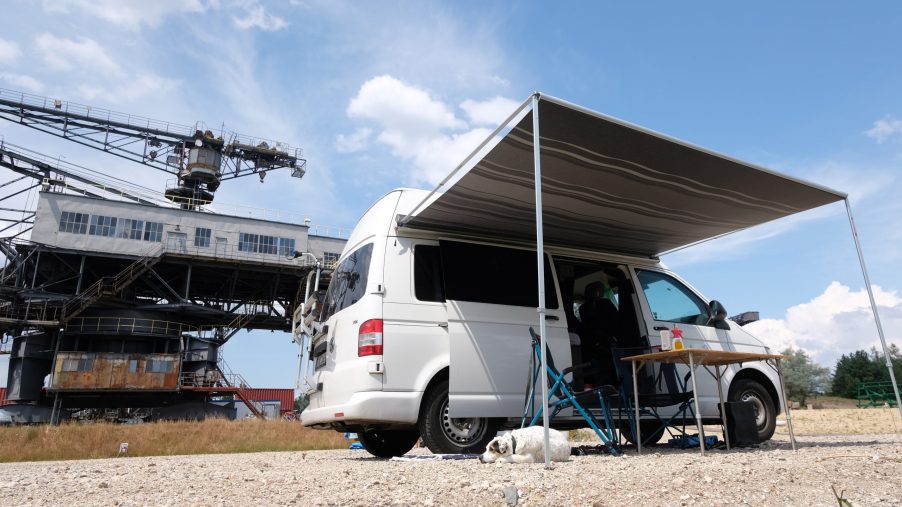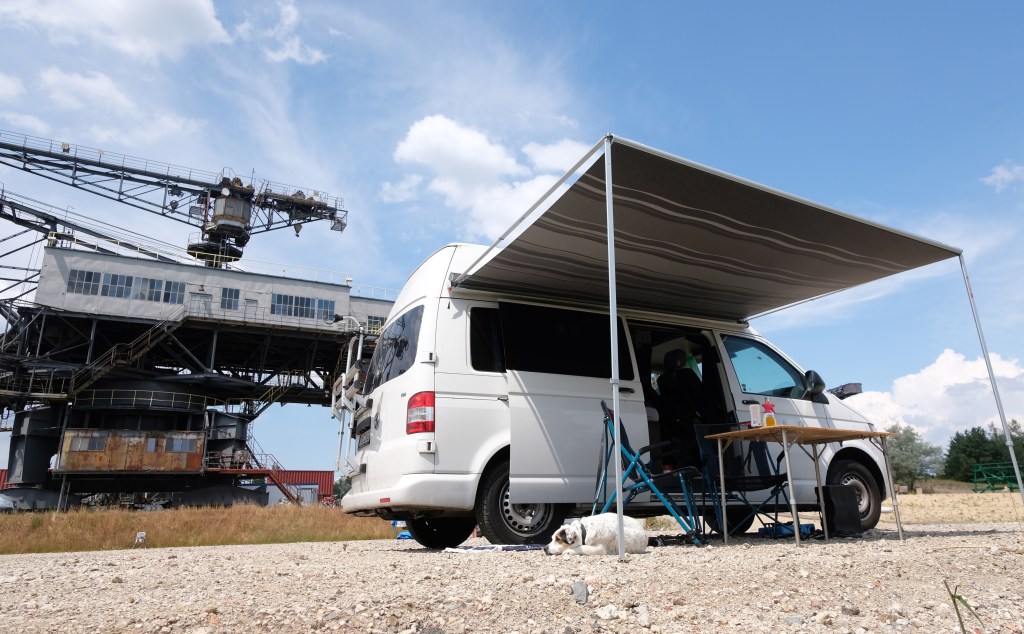
Nobody Wants to Hear the Real Truth About Living in a Camper Van
There are many great things about living in a camper van, and one of the luxuries that they will afford people is independence. Camper vans come in all shapes and sizes, but in general, they’ll allow people to get up and go at a moment’s notice. However, that’s not necessarily the truth, especially during a pandemic.
Are camper vans a home on wheels?
Like Outside Online wrote, there is a commonly held conception that camper vans, RVs, and the like are basically homes on wheels. People who live in a camper van have many names, such as nomads or vanlifers, but suffice to say, their camper van is their home, and their home is on wheels. And, while camper vans are all different, some are almost indistinguishable from a real home.
These vans can have huge beds, sizable kitchen spaces, bathrooms, sinks, etc. These things are what make camper vans a home for their owners, but the truth is that a van simply isn’t enough. The things that support a van do not come included with the vehicle, and vanlifers will have to get these things often. These things can range from basic utilities like water and gas to larger stuff like places to park in.
As a result, while these vans are a home on wheels, they’re not a bunker like some people think they are. Most camper vans simply are not equipped to be functional living spaces by themselves without needing the help of things like water and gas.
The reality of camper vans in a pandemic

This fact about camper vans doesn’t really matter in normal times, since vanlifers can easily and safely get the utilities that they need on the road. They can get water in many places, and this makes their bathrooms functional. For vans without showers, owners can drive up to a gym and use the showers there. And of course, WiFi is usually not available on the road, so van owners can go to a public space with WiFi like a library.
All of that stuff simply is not possible nowadays, according to Outside Online. Gyms started shutting down in most places in the country, and most are still closed. This means that, for many nomads who don’t have a shower in their van, they’ve been forced to improvise. On top of that, WiFi is a luxury now, and many nomads have to work extra hard just to get online.
And then there’s the safety aspect of things. Like Outside Online said, since nomads move around a lot, this means that they can potentially be responsible for spreading the virus around, too.
These issues have forced many people to abandon their lifestyle and move in with friends or family. These issues are just the tip of the surface. In fact, there are so many issues that vanlifers have started organizing to support each other during these times.
What to know before getting into the lifestyle
These issues during the pandemic simply highlight issues that vanlifers can experience even without a pandemic. At the end of the day, a camper van is not a self-sustaining home, and it still needs to use the amenities that society provides in order to exist. This means that, no matter how well-equipped a van is, it will never be a true bunker on wheels like some people think it could be.
As such, people who are looking to get into the camper van lifestyle need to be aware of the resources that are available to them. Whether it’s safe places to park at night, places to take showers at, or simply places to dump their toilet waste in, these resources are vital to living comfortably in a van. Additionally, like many vanlifers have shown, it’s also beneficial to have a backup plan in case the lifestyle fails.



